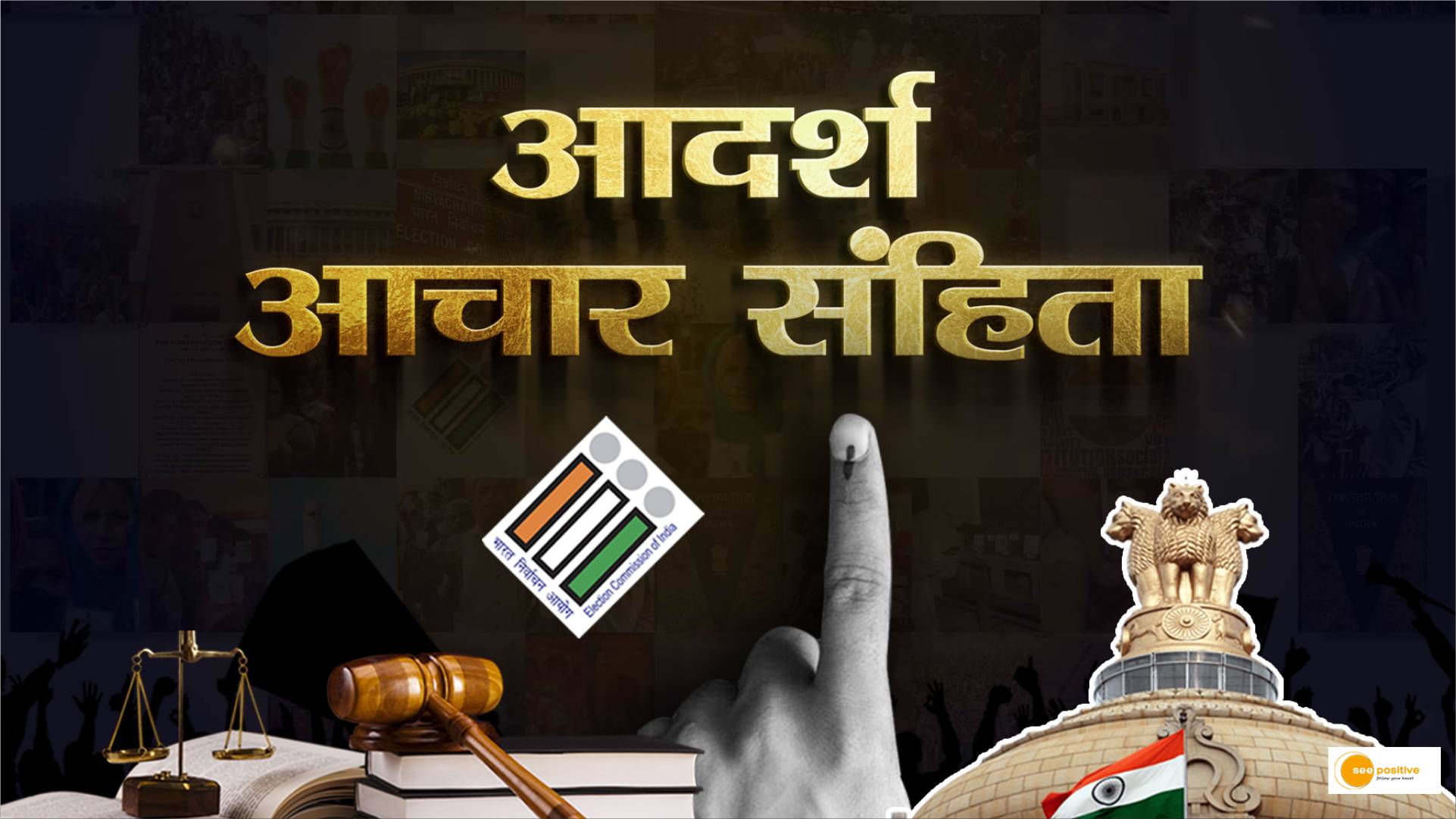The Lok Sabha Elections in India are a crucial democratic process where citizens exercise their right to vote and elect representatives to the lower house of Parliament. To ensure a fair and transparent electoral process, the Election Commission of India (ECI) enforces a set of guidelines known as the Model Code of Conduct (MCC). Let’s delve into the origins, significance, and key provisions of the MCC.
What is the Model Code of Conduct?
The Model Code of Conduct is a comprehensive set of rules and guidelines that political parties, candidates, and government officials must adhere to during the election period. Its primary objective is to maintain a level playing field, prevent unfair practices, and promote free and fair elections. Let’s explore its key features:
1. Equal Opportunity for All
The MCC ensures that no political party or candidate gains an undue advantage over others. It prohibits any activity that may aggravate existing differences or create mutual hatred among different castes, communities, religious groups, or linguistic backgrounds. This provision fosters an environment of tolerance and inclusivity.
2. Restrictions on Campaigning
- Meetings and Processions: Political parties and candidates must inform local authorities in advance about the venue and time of their meetings or processions. This ensures proper coordination and avoids clashes between rival groups.
- Interference with Rival Campaigns: Supporters of one party should not disrupt the meetings or processions of other parties. The MCC aims to maintain decorum and prevent any untoward incidents.
3. Focus on Policies, Not Personal Attacks
- Criticism: While political discourse is essential, the MCC discourages personal attacks on candidates. Instead, criticism should revolve around policies, initiatives, and programs. This approach promotes healthy debates and informed decision-making.
4. Ministerial Restraints
- Foundation Stones and Schemes: Once the Lok Sabha election schedule is announced, ministers (except civil servants) are barred from laying foundation stones or initiating new projects or schemes. This prevents the ruling party from using government resources for electoral gains.
- Announcing Grants: Ministers and government authorities cannot announce financial grants during the election period. This ensures that public funds are not misused for political purposes.
5. Impartial Use of Official Position
- Party in Power: The party in power (both at the central and state levels) must refrain from using its official position for campaigning. No project or scheme that could influence voters in favor of the ruling party can be announced.
6. Enforcement and Monitoring
The Election Commission actively monitors compliance with the MCC. Violations can result in penalties, including reprimands, fines, or even disqualification of candidates. The ECI ensures that all political parties adhere to the code, maintaining the integrity of the electoral process.
Why is the Model Code of Conduct Necessary?
- Level Playing Field: By enforcing the MCC, the ECI ensures that no party or candidate enjoys an unfair advantage. It promotes healthy competition and prevents misuse of power.
- Transparency: The MCC fosters transparency by setting clear rules for campaigning, funding, and behavior. Voters can make informed choices based on party platforms rather than personal attacks.
- Preventing Polarization: Prohibiting activities that aggravate differences ensures that elections remain focused on policies and issues rather than divisive factors.
- Public Confidence: A robust MCC enhances public trust in the electoral process. Citizens believe that their votes matter and elections are conducted fairly.
Conclusion
The Model Code of Conduct plays a pivotal role in maintaining the democratic fabric of India. As we gear up for the Lok Sabha Elections 2024, let us appreciate the significance of these guidelines in upholding the spirit of democracy.


